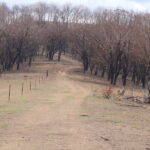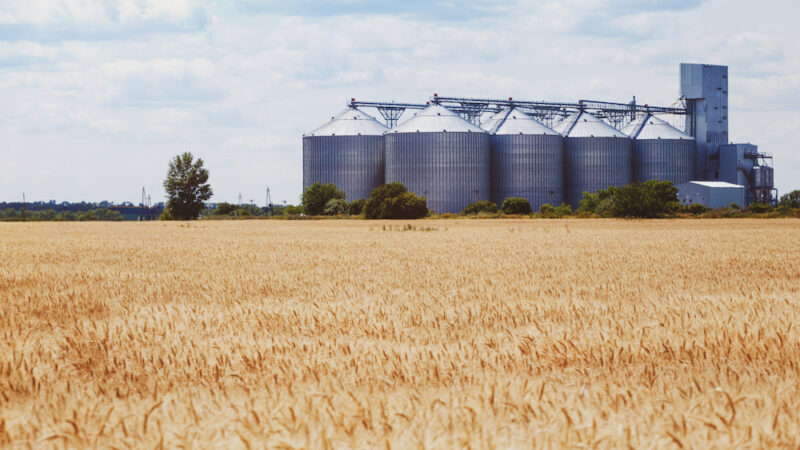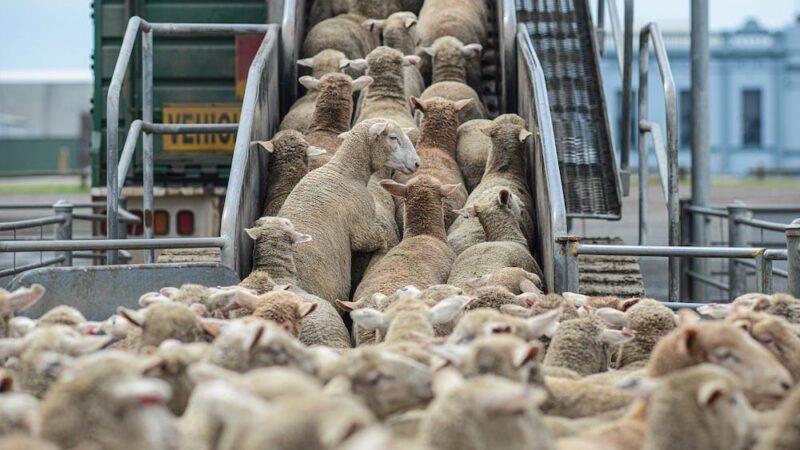Minister for Water Melinda Pavey has announced that Coastal Harvestable Rights (CHR) will increase from…
Farmers need more than a summit
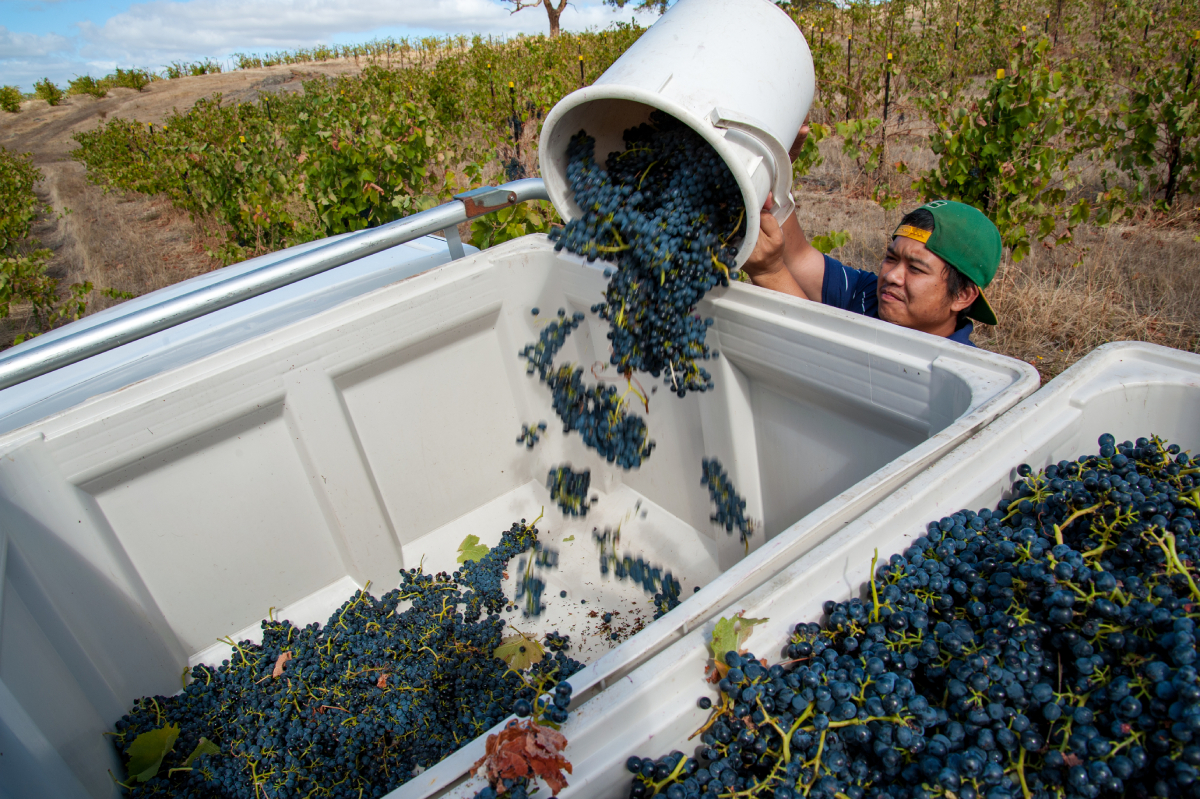
Farmers hoping for immediate solutions from last week�s Jobs and Skills Summit to secure workers for the upcoming harvest season will be disappointed.
The federal government summit did bestow 36 �agreed actions�, some of which were welcomed by farming groups.
These included funding to accelerate visa processing, increasing the cap on skilled migration to 195,000, 465,000 additional fee-free TAFE places and a $4,000 income bank credit to allow pensioners without penalising their pension.
On Friday federal Agriculture Minister Murray Watt announced a new working group to bring together unions, agriculture employers and government to address chronic workforce shortages. Immigration Minister Andrew Giles also pledged to clear the visa backlog that many said was keeping urgently needed workers out.
However, NSW Farmers Workplace Relations Committee chair Chris Stillard says uncertainty around worker shortages looks set to continue.
Mr Stillard said it was critical to get the ball rolling on delivering more workers to farms as soon as possible, with some farmers forced to cut back on production.

�This is a problem we�ve had for years now, and it is absolutely having an impact on our national productivity when we can least afford it,� Mr Stillard said.
�Farmers are looking at ideal growing conditions, but they cannot maximise those opportunities because there are too few workers to get important jobs done. Talking about solving the problem is good, but what we really need is urgent action.�
Mr Stillard said there were shortages across all skill levels in agriculture and resolving these shortages would require a coordinated approach.
He said NSW Farmers was apprehensive about the value of Minister Watt�s new working group.
�It needs a wide range of farmer groups involved. You need representatives of farming businesses and workers from different commodities having their input because one size does not fit all.
�We need government and unions to understand we don�t just want low-skilled workers. We also need drivers, mechanics, machinery operators, veterinarians, people trained in specific skills working in dairy or with other animals, and people who can handle IT. It�s a pretty broad range of jobs that need doing,� he said.
�At the end of the day, a lack of farm labour is holding back productivity and this impacts families when they do their grocery shopping, right through the supply chain to the broader economy � everyone has a stake in ensuring Australian farms can produce food and fibre.
�If this was simple we wouldn�t be in this position, and sorting it out quickly will mean real engagement with farmers right across the board. What we don�t want to see is token engagement and no lasting solution.�
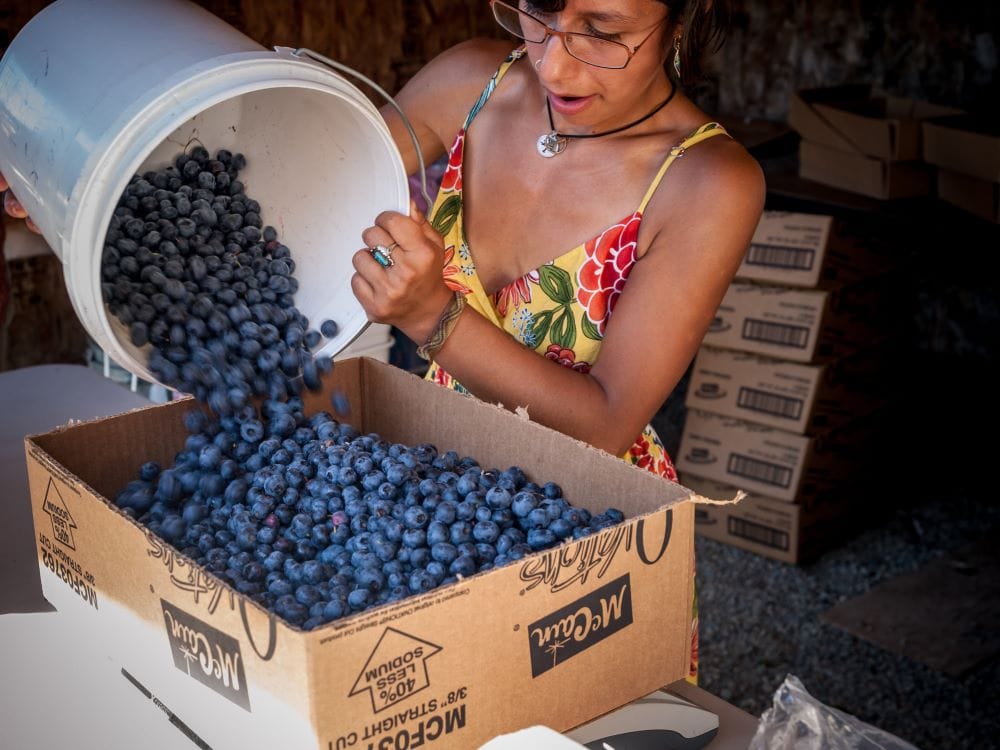
Mr Stillard welcomed Minister Watt�s announcement of portability for temporary visa holders, provided a suitable framework was put in place to facilitate the movement of workers from employer to employer.
�There should be a mechanism for sponsoring an employer � who has outlaid up-front costs to bring a worker into Australia � to share those costs with other employers if people move on,� Mr Stillard said.
�We support the idea of people being able to move from one job to another, that�s not a problem, but if this isn�t handled right you�ll see an effective disincentive for farmers and that�s not what anyone wants to see.”
NSW Farmers President Xavier Martin said farmers are entering their third bumper harvest without enough workers to get the job done.
�We�re seeing recordbreaking productivity after years of drought, but I�m worried we won�t be able to maximise opportunities before the next drought arrives,� Mr Martin said. �NSW Farmers has been warning about the need to urgently address the skills shortage for years now, but it seems talk is easier than action.”
NFF calls summit a �useful exercise�
National Farmers Federation (NFF) President Fiona Simson, who attended the Summit, labelled the event a useful exercise in bringing people together and building momentum for reform.
Ms Simson said some of the Summit outcomes would help farmers, but warned more needed to be done.
�As farmers, we�ve been on the frontline of Australia�s workforce challenges for years, and for years we�ve waited for solutions,� she said. �I can tell you as farmers we�re a bit sick of talking. It�s critically important that we start to turn all that talk into tangible action.
�Increasing skilled migration and simplifying enterprise bargaining will certainly help meet skills gaps, and we commend the Government for promising immediate action on these off the back of the Summit.
�We also recognise improved flexibility for pensioners wishing to access the workforce, but note this still falls short of calls by the NFF, National Seniors Australia and other business groups.�

The NFF shares the apprehension of other business groups on how proposals for multi-employer bargaining might be implemented.
�We�re cautious about any proposal that might lead to a spike in industrial disputes or capture employers and employees who haven�t consented,� Ms Simson said, adding that the NFF warned that without rapid solutions to workforce challenges, Australia would be vulnerable to price and supply shocks in the food supply chain.
�We know that we�re short at least 172,000 workers across our food supply chain. We�re seeing this manifest in higher prices and supply disruptions on supermarket shelves,� she said. �This isn�t just a problem for farmers anymore. It�s a burning cost of living and food security issues that needs urgent attention.�
Encouraging tomorrow’s workers today
An increasingly popular school excursion program is giving the next generation of workers a taste of future career opportunities.
NSW Farmers says it is important to encourage the next generation of workers to consider a career in agriculture.
Georgia Campbell from NSW Farmers said the Kids to Farms program � a federally-funded initiative delivered in partnership with the Department of Agriculture, Fisheries and Forestry � was crucial to developing tomorrow�s farmers.
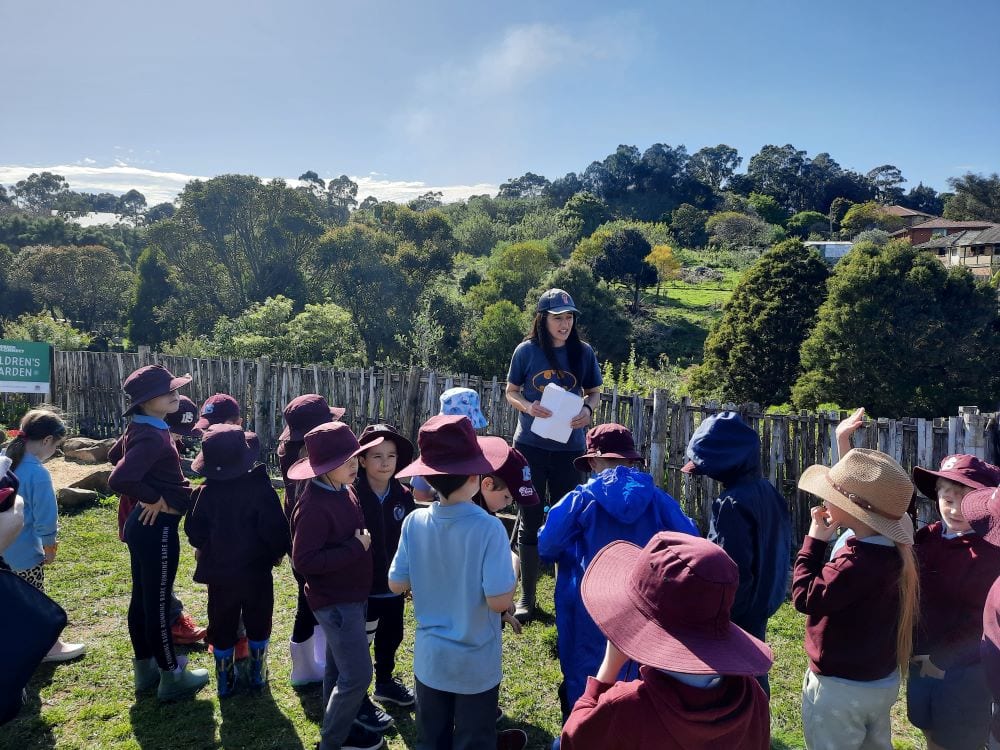
�We want children to understand why farming is important, so they understand food and fibre production and learn about where it all comes from,� Georgia said.
�Kids to Farms is built on the ethos of �two by 12�, or two agriculture experiences by the age of 12, and so far, more than 3,200 students have benefitted from this opportunity.
�This is important in helping those children who might grow up to become farmers to learn about this exciting industry.�
Throughout the pandemic the agricultural sector suffered from a shortage of workers, and while the Jobs and Skills Summit was designed to tackle the big issues around workforce, Georgia said training up the next generation was also important.
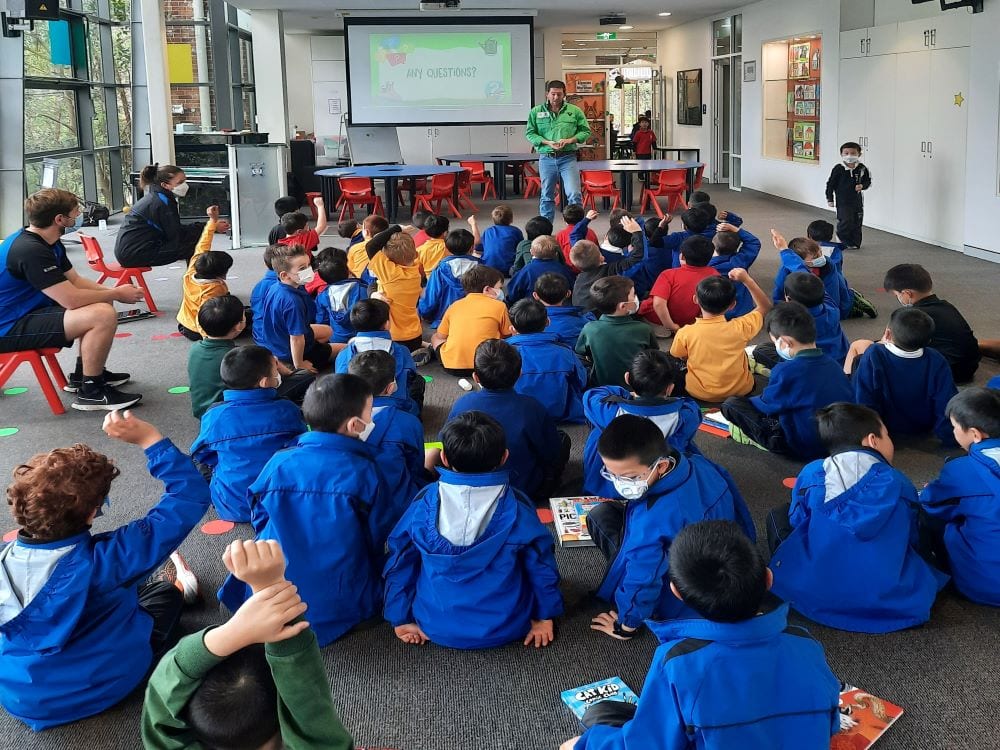
�We see children really excited about the big machinery, the idea of working outdoors, and just the concept of working and feeding thousands � or millions � of people,� she said.
�With all of the new technologies emerging, like drones and precision agriculture, tomorrow�s ag workers will be coders and technicians and engineers, just as much as they are farmers.
�I�m confident the little seeds we plant through these excursions and this funding will grow into something all Australians will be proud of in the future.�
To find out more about Kids to Farms, or to learn how your school can get involved, visit www.kidstofarms.com.au or email kidstofarms@abiswas
If you enjoyed this feature you might also like to read about how farmers have backed a �Let Pensioners Work� campaign.




